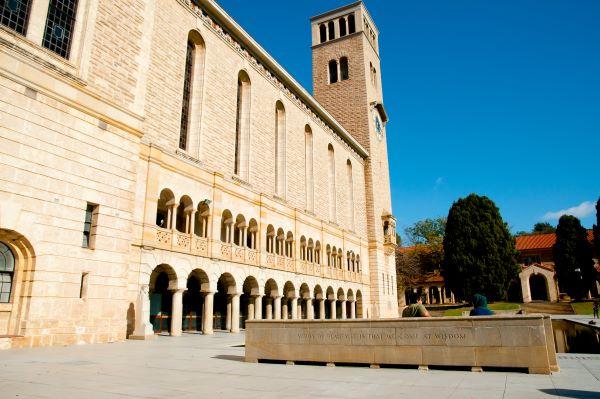The rising cost of tuition fees is one of the primary causes of the soaring education inflation rate, according to two former emeritus professors.
The comments come after the latest consumer price index from the Australian Bureau of Statistics (ABS) reveals education is the largest single contributor to inflationary growth in the March quarter of 2022, with a 4.5 percent change in the average of eight capital cities.




